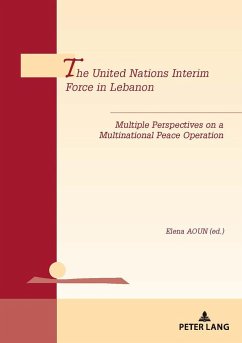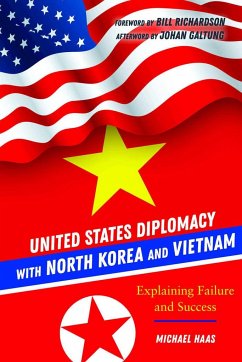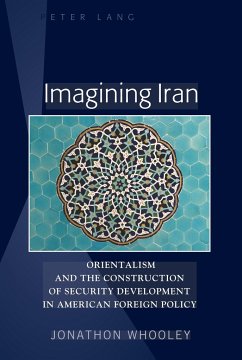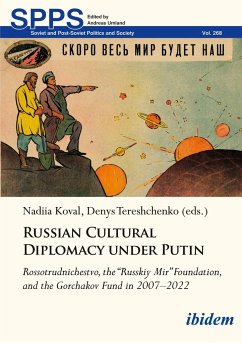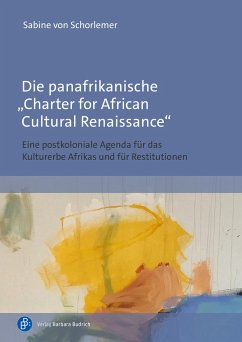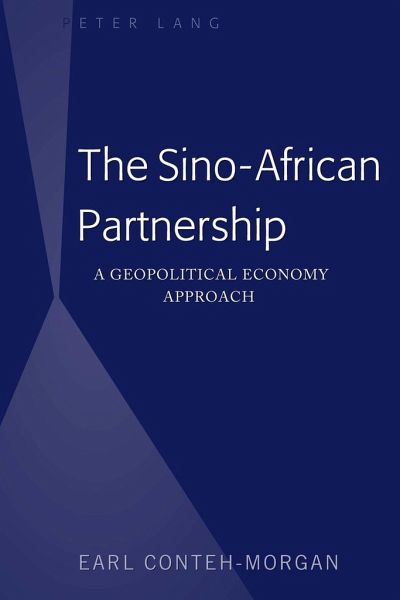
The Sino-African Partnership
A Geopolitical Economy Approach
Versandkostenfrei!
Versandfertig in 6-10 Tagen
119,00 €
inkl. MwSt.
Weitere Ausgaben:

PAYBACK Punkte
0 °P sammeln!
The Sino-African Partnership portrays with rigor and clarity the relationship between China and Africa by delving into the geopolitical, geo-economic, and sociocultural dynamics that underlie the extensive and deepening "South-South" cooperation between the two. The analysis highlights China's role in the partnership by underscoring its geo-strategy, multidimensional approach, and the nature of its power projection in a continent of nation-states with differing geo-strategic importance and resource endowments. Supported by a rich texture of recent historical, political, and economic insights a...
The Sino-African Partnership portrays with rigor and clarity the relationship between China and Africa by delving into the geopolitical, geo-economic, and sociocultural dynamics that underlie the extensive and deepening "South-South" cooperation between the two. The analysis highlights China's role in the partnership by underscoring its geo-strategy, multidimensional approach, and the nature of its power projection in a continent of nation-states with differing geo-strategic importance and resource endowments. Supported by a rich texture of recent historical, political, and economic insights and interactions between China and Africa reflecting established knowledge, the book also delves deep into the impact on China of globalization imperatives following the end of the Cold War and its focus on ideological rivalry.
Graduate and undergraduate students, China-Africa scholars, and general readers interested in a new perspective on the relationship between the two entities will find this essential and interesting reading. It is a unique and multidimensional examination of bilateral and multilateral cooperation, relationships, and profound development in global politics between two significant developing actors. There are new insights in this study into China's power projection into Africa and the global reactions spawned by its many activities.
Graduate and undergraduate students, China-Africa scholars, and general readers interested in a new perspective on the relationship between the two entities will find this essential and interesting reading. It is a unique and multidimensional examination of bilateral and multilateral cooperation, relationships, and profound development in global politics between two significant developing actors. There are new insights in this study into China's power projection into Africa and the global reactions spawned by its many activities.






